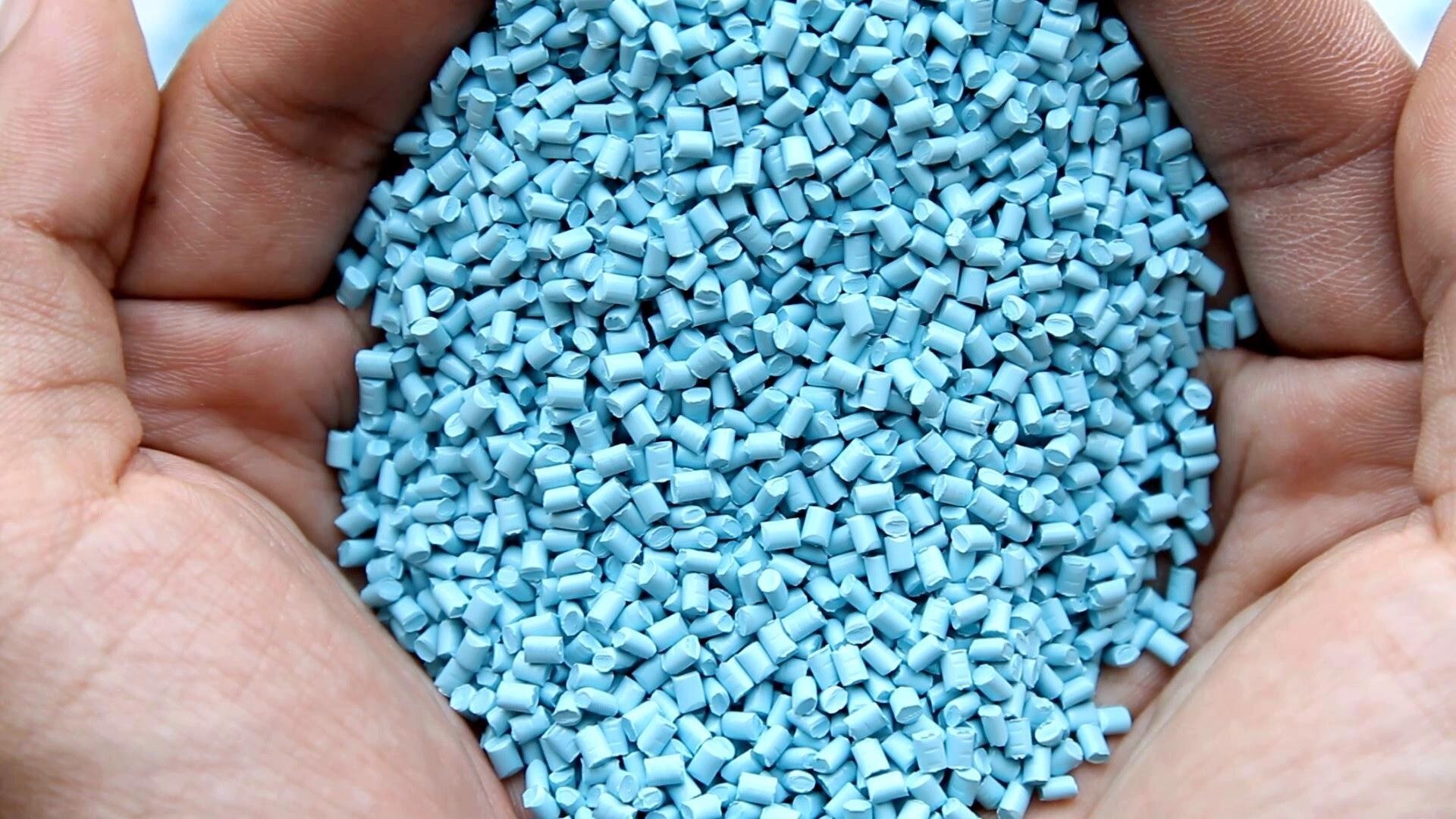Industrializing the recycling of high performance polymers is an objective that is now crucial in preserving resources, which will require determined mobilization of the entire value chain, from organizing the collection of materials, to finalizing industrial processes and creating economic models.

Image Credit: Arkema Inc.
Arkema is fully invested in this work through its major Virtucycle® service, which is dedicated to the recycling of specialty polyamides and PVDF fluoropolymers.
In October 2019, Arkema launched another ambitious program, dedicated to PVDF and the high-performance polyamides it produces for customers.
"This program is called Virtucycle®, and it aims to develop circuits for the collection and regeneration of our products, in partnership with Agiplast, the world leader in the regeneration of these kinds of polymers”
Guido donà planning and strategy, high-performance polymers
When we talk about recycling, we imagine the recycling of objects at the end of their life, but in the short term, the most accessible driver is located in the Group’s customers’ production sites, i.e. transformers who make parts out of our materials, including pipe extruders, molders and manufacturers of 3D printed parts. Scraps and shavings can represent up to 20% of the volume used, depending on the technology and type of part.
Arkema and Agiplast approach their manufacturer customers on a case-by-case basis, to jointly build virtuous cycles, either closed circuits (the product is recycled to be reused by the same customer), or open circuits (Arkema provides the customer with grades of recycled polymers, that may come from other markets or applications). The regeneration processes developed by the two partners are based, in this case, on mechanical recycling, coupled with sophisticated upstream separation steps.
“This is perfect for our polymers, which have exceptional durability, while minimizing CO2 impacts compared to other recovery technologies. Recycling a polymer according to the Virtucycle® program can allow a reduction of more than 70% of greenhouse gas emissions compared to the original production of the polymer from its component raw materials. The impact on CO2 emissions visualized in the life cycle analysis is therefore remarkable. Our strategy is to produce polymers containing a part of recycled material which achieves an excellent level of quality for the targeted industrial application. This allows us to offer a performance guarantee at the same time as higher volume under a recycled label, which responds to a genuine market expectation and a solid contribution to sustainable development in the polymer industry.”
Charlotte Herdt, Sustainable Development Expert in charge of the Virtucycle® program
Eco-design: moving towards finished products that have been designed for recycling
Within the context of the Virtucycle® service, Arkema is also working with some major brands on projects for the recovery of end-of-life products, which involves the creation and optimization of cost-effective collection networks.
“The interest of a recycling chain dedicated to high performance materials is strong for our customers because these materials are usually doomed to destruction in existing channels” adds Charlotte Herdt.
What is really critical in developing this model is the eco-design of finished products. Currently, products often have several materials of different kinds either glued or molded together, and fulfilling different functions (in a sports shoe or multilayer car pipe, for example) and this makes them very hard to recycle. The same applies to the additives used.
“We are lobbying for a simplification of design processes, with the use of materials in the same family, for example – solutions that are perfectly achievable using our polymers,” insists Guido Donà. “This is a message we are actively selling to major sportswear and automotive brands that understand this necessity.” This cultural change is vital if we want to move manufactured products towards a circular economy.
Since its launch, the Virtucycle® initiative has generated numerous pilot projects in several markets, and has aroused the interest of many customers wishing to combine performance, bio-based and circularity.
It is also in this context that the “ABC” (Advanced Bio-Circular materials) message was recently developed for Arkema’s polyamide 11 grades derived from castor oil. The unique offer is a rich combination of advanced polymers derived from sustainably sourced renewable and responsible raw materials that may be fully or partially recycled. The circle of life meets the circular economy!